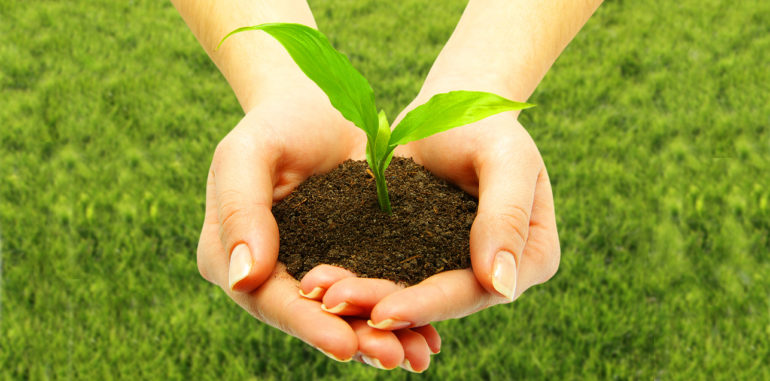Just when you thought you were becoming an eco-savvy shopper and saving the planet one dollar at a time, you suddenly realize … you’ve been greenwashed!
“Greenwashing” is how environmental activists describe what some companies do to persuade consumers to buy products that may or may not benefit the environment. Manufacturers know that eco-friendly descriptions appeal to consumers who want to make the right choices. But consumers can’t assume that the fine print always tells the whole story.
“These companies are really the masters of their own universe,” says Daniel Fabricant, PhD, vice president of scientific and regulatory affairs at the Natural Products Association. He says the key is consumer information.
So we asked the experts to strip back the labels and help make a complicated marketplace, well- greener.
Organic
What it means: Most synthetic pesticides and fertilizers, and all antibiotics, genetic engineering, irradiation and sewage sludge, are prohibited in organic production.
Where it’s found: Food for humans, food for pet, fabrics, cosmetics, bodycare products, over-the-counter medications, and dietary supplements.
Why it matters: The U.S. Department of Agriculture (USDA) has developed a fixed set of standards for organic certification. “Though these standards are less stringent than non-governmental “organic” certifications, they should be the bare minimum requirement for anyone looking to buy green,” says Daniel Imhoff, author of Farming with the Wild. In addition, he says organic food is generally healthier, with more vitamins and minerals than conventionally produced food.
Natural
What it means: Meat and poultry must not contain any artificial flavoring, color, chemical preservatives or synthetic ingredients. For all the rest, there’s no government or official definition.
Where it’s found: Food, household cleaning products, clothing, cosmetics, and personal-care products.
Why it matters: “Terms like ‘natural’ don’t have any real regulatory backbone to them- except for meat and poultry products,” Fabricant says. Additionally, greenerchoices.org warns that manufacturers decide whether to use the claim and are not free from their own self-interest.
Sustainable
What it means: “Sustainable” products are made with renewable resources.
Where it’s found: Wood and paper products.
Why it matters: Sustainable can be misleading. “There really is no definition for that term, even among the green community,” says Emily Main, the senior editor for National Geographic’s Green Guide. Look for products with a SFI seal, granted by the Sustainable Forestry Initiative, an independent program that sets standards for sustainable forestry.
Environmentally safe
What it means: The product or packaging has some kind of environmental benefit, or causes no harm to the environment.
Where it’s found: Cleaning and personal-hygiene products.
Why it matters: The U.S. Federal Trade Commission (FTC) and the International Standards Organization (ISO) consider this claim too vague to be meaningful to consumers.
Free range
What it means: Meat or poultry products, including eggs, come from an animal that was raised in the open air or was free to roam.
Where it’s found: Dairy products and meat.
Why it matters: Matthew Miller, director of communications for the Nature Conservancy of Idaho, considers “free range” to be a claim rather than a label. He says people are made to believe that the animals have open space, but that isn’t always the case. The USDA considers five minutes of open-air access each day to be adequate to approve use of the free-range claim on a poultry product.
Biodegradable
What it means: A biodegradable product or its packaging will break down and return to nature within a reasonably short time after customary disposal.
Where it’s found: Household cleaners, personal-hygiene products, wood.
Why it matters: Time to degrade may vary depending on where the product is disposed. “It’s such an undefined label, and it’s very misleading because everything in the right conditions will biodegrade,” Main says. “But what it biodegrades into doesn’t necessarily mean it’s better.”
Be label-smart: What you should really be looking for
For more information about eco-friendly labels, visit greenerchoices.org, ecolabelling.org or thegreenguide.com.

